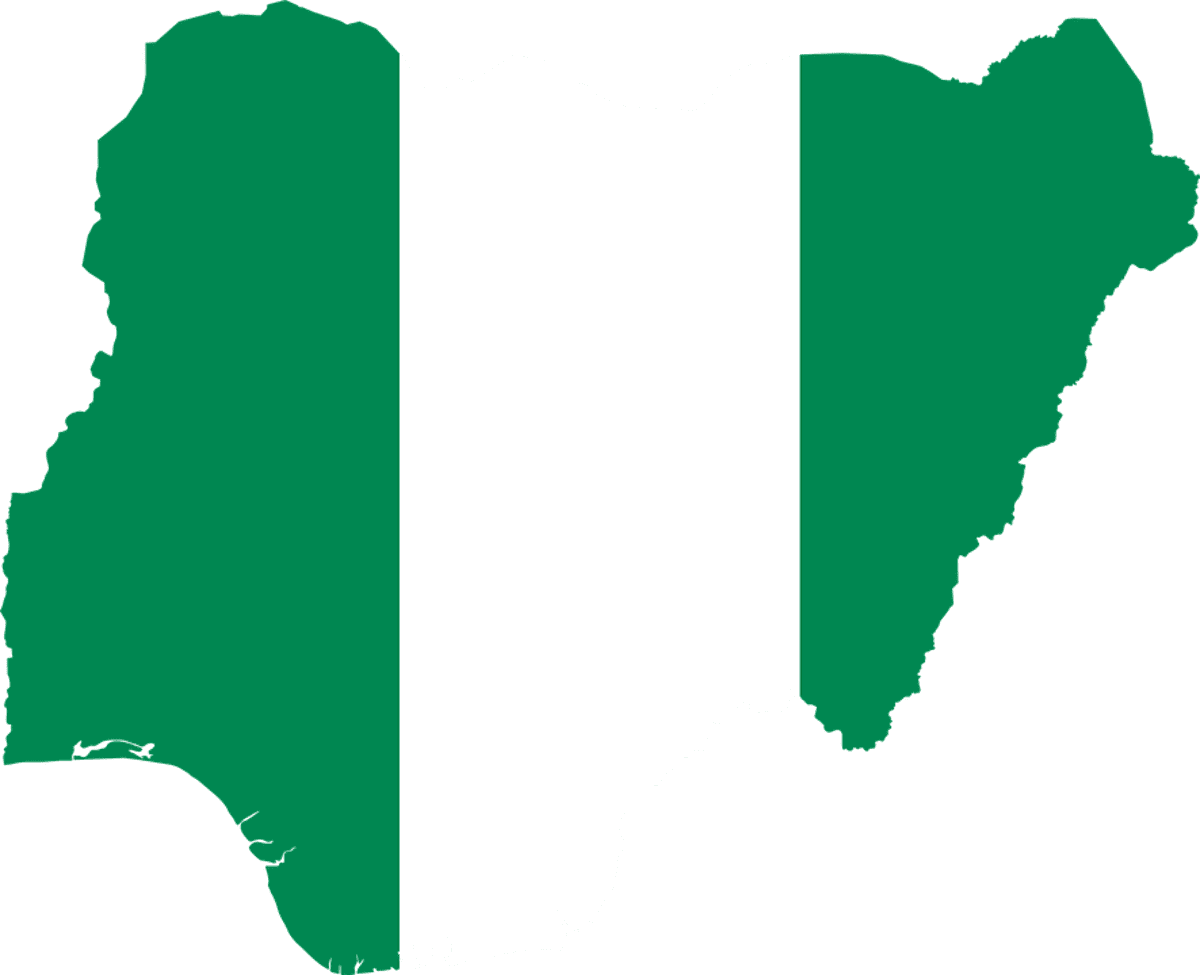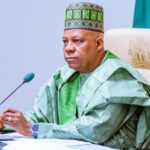As Nigerians, our go-to is placing the blame on our leaders whenever the economy experiences hardship. Increasing prices of food and fuel? The government is responsible. Commodities are becoming scarce everywhere? Our leaders cannot get anything right. While there is truth in the fact that good governance is critical to the success of the economic growth of a nation. For once, let us be honest with ourselves, look inward, and evaluate the complicit role we play as perpetrators and compounders of this cycle of deprivation and suffering.
Two weeks ago, a driver went to purchase diesel and was stunned when he reported spending nearly 45 minutes in the queue, only to pay the exorbitant price of N1,420 per litre. Perplexed, I mentioned to him that business magnate Alhaji Aliko Dangote had announced selling diesel at the far more reasonable rate of N1,000 per litre.
Last week Monday, I saw a mammoth crowd, I initially thought an accident had occurred, only for me to realise it was fuel queue that had spilled into the street blocking the lane completely. And this question kept playing in my mind, so who is truly causing this artificial scarcity and inflicting hardship on the masses – our government or ourselves?
When the diesel price was further dropped by Dangote to N960, the market signals seemed to also have had little to no impact on the larger terrain of high fuel price. This is akin to what has been happening with the US dollar’s appreciating and depreciating fate in terms of exchange rates. When the dollar is high, the prices of equally basic commodities such as rice reportedly rose to N85,000 a bag in some places. So, it was only logical that when the naira did gain some value, the prices should have gone down – but prices have barely budged.
- NECA to FG: Ask tripartite c’ttee to finalise work on minimum wage
- Family accuses military officer in Kano of killing son, NAF launches probe
Then the other day I was listening to a radio programme, where a representative of a market was being interviewed about this paradox. I was excited to hear his view. The man argued that the trader’s thrifts stood for purchases at high dollar rates. However, when asked about the goods that were bought at a low exchange prior to a rate hike and for no justified reason became significantly more expensive with naira depreciation, the man could no longer respond logically.
Certainly, some of our economic policies and leadership are questionable and should be subject to critical scrutiny. However, the painful reality is that some of the suffering is hopeless and self-inflicted. We can pretend that our leaders are evil, but we are nothing different when we betray our fellow citizens. Other nations have their retailers giving sales and discounts during Ramadan and Christmas, but in Nigeria, prices rise randomly under the guise of “high demand.” Instead of alleviating the suffering of the masses, the prices of essential goods are hiked intolerantly.
I discussed my curiosity about the market with a friend who is an economist. His explanation was simple – greed, profiteering, and lack of patriotism. Although imports and currency are real manifestations of the consumer cost, some domestic players will always make it worse for their benefit against the citizens. And he couldn’t have been more right. It’s the same thing surrounding the naira rate. Those unpatriotic citizens who manipulate the naira rate from diverse platforms are quick to post that the naira is falling, but when our currency gains, they suddenly become blind, deaf, and dumb. They just disappear into thin air only to resurface when there’s another unfortunate incident.
I have no desire to exonerate bad governance, for our leaders have numerous sins of their own to repent of and shortcomings to answer for. However, in this particular economic struggle, we ourselves are equally guilty for we the people are too often the biggest perpetrators. The truth is, it’s not the leaders that artificially create scarcity in our markets. The real despicable characters are the citizens buying and selling as merchants, traders, and vendors: hoarding goods and exponentially increasing prices by a hundredfold, and above all, acting against the very principle of being our “brother’s keeper” we proclaim to hold so high.
So, let’s stop chanting this mantra that the government and elite are the only ones responsible for our problem. Many times, we are quick to blame our leaders, in the same spirit, ignoring our contribution to this vicious cycle of ineffectiveness. Let me repeat this, artificial food and fuel shortages are not created by the government. Most times, it is the very same members of the “common man” social class that are the bloodhounds of that misery. We cannot rid ourselves of blame so easily by simply heaping all blame on our leaders.
It’s the height of hypocrisy to demand better deal from our leaders while refusing to see our own shortcomings. If we wish for the country to get better, we must have a massive reorientation of our collective thinking and a monumental change in our attitude. Yes, our leaders have failed us in numerous ways, but so have we as citizens. As long as we covet our ruthless opportunistic nature, no amount of good governance, rules, and regulations will be able to pull us out of this socioeconomic pit in which we now reside.
In the Holy Qur’an, Allah SWT said in Suratul Ar-Ra’d verse 11, that “Allah will not change the condition of a people until they first change what is in themselves”. Equally in the Bible, Romans 12:2, it says “Do not conform to the pattern of this world, but be transformed by the renewing of your mind. Then you will be able to test and approve what God’s will is his good, pleasing, and perfect will.”
It’s in our nature to look outward seeking the source of our problems, failing to acknowledge the decay inside our souls. By all means, let us continue to advocate and demand better governance – but let’s democratise that as well; hold ourselves, too, accountable and be conscious of how your own choices directly impact the country at large.
Every Nigerian is responsible for creating the country we truly dream of. So, let us all play our individual roles in creating a just and equitable Nigeria.
Dr. Sanda wrote from Kano and can be reached via email on [email protected]

 Join Daily Trust WhatsApp Community For Quick Access To News and Happenings Around You.
Join Daily Trust WhatsApp Community For Quick Access To News and Happenings Around You.


